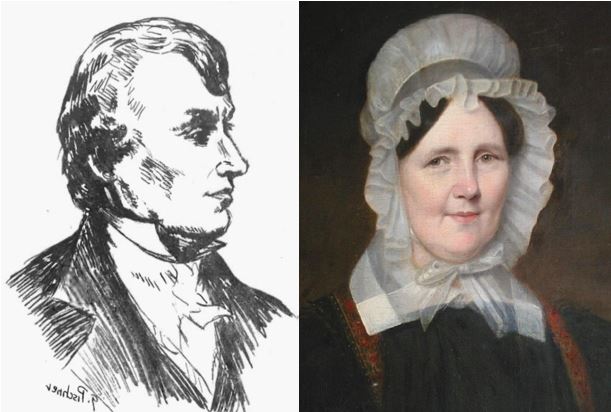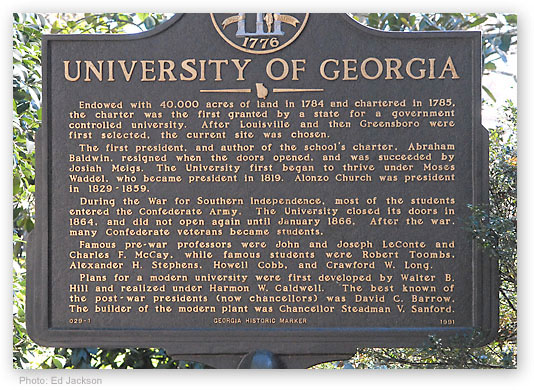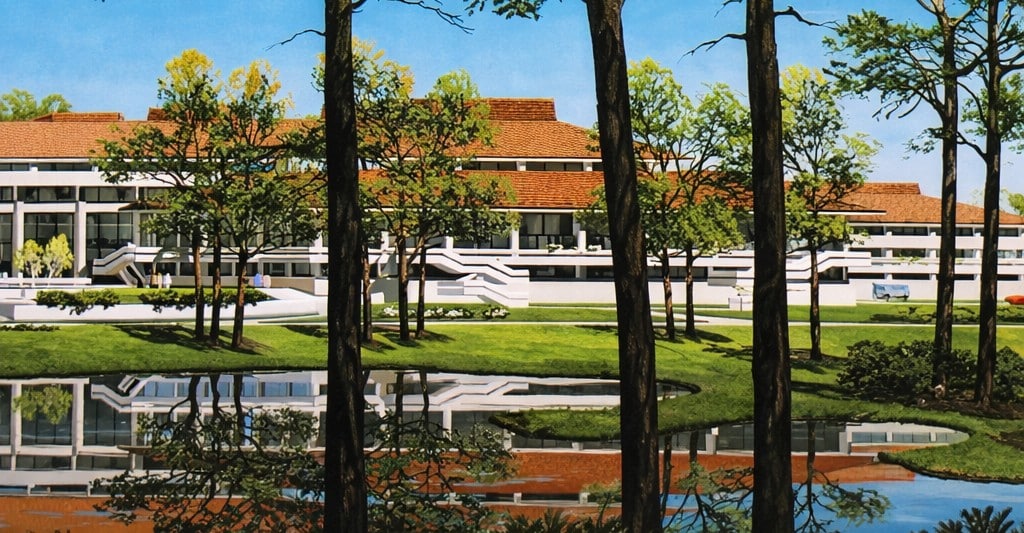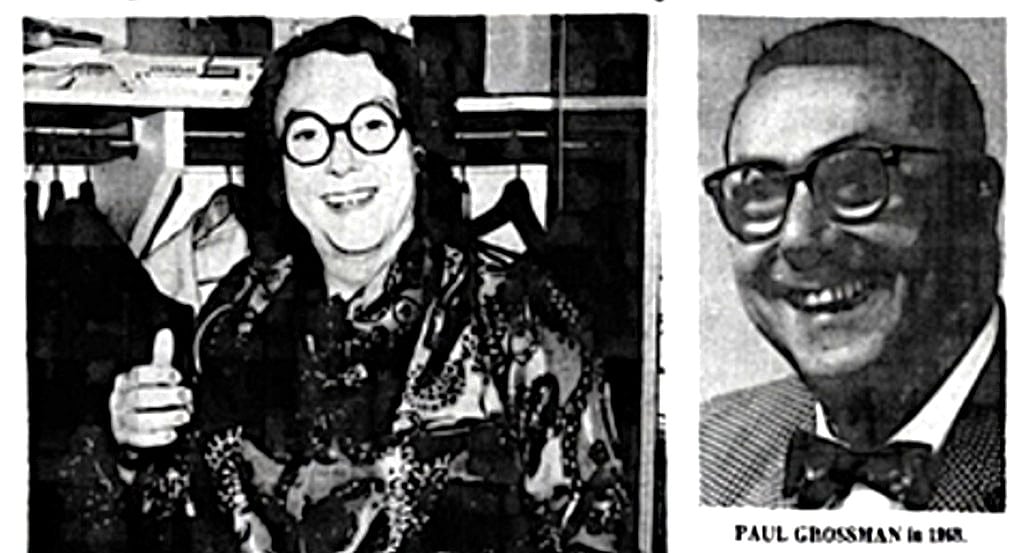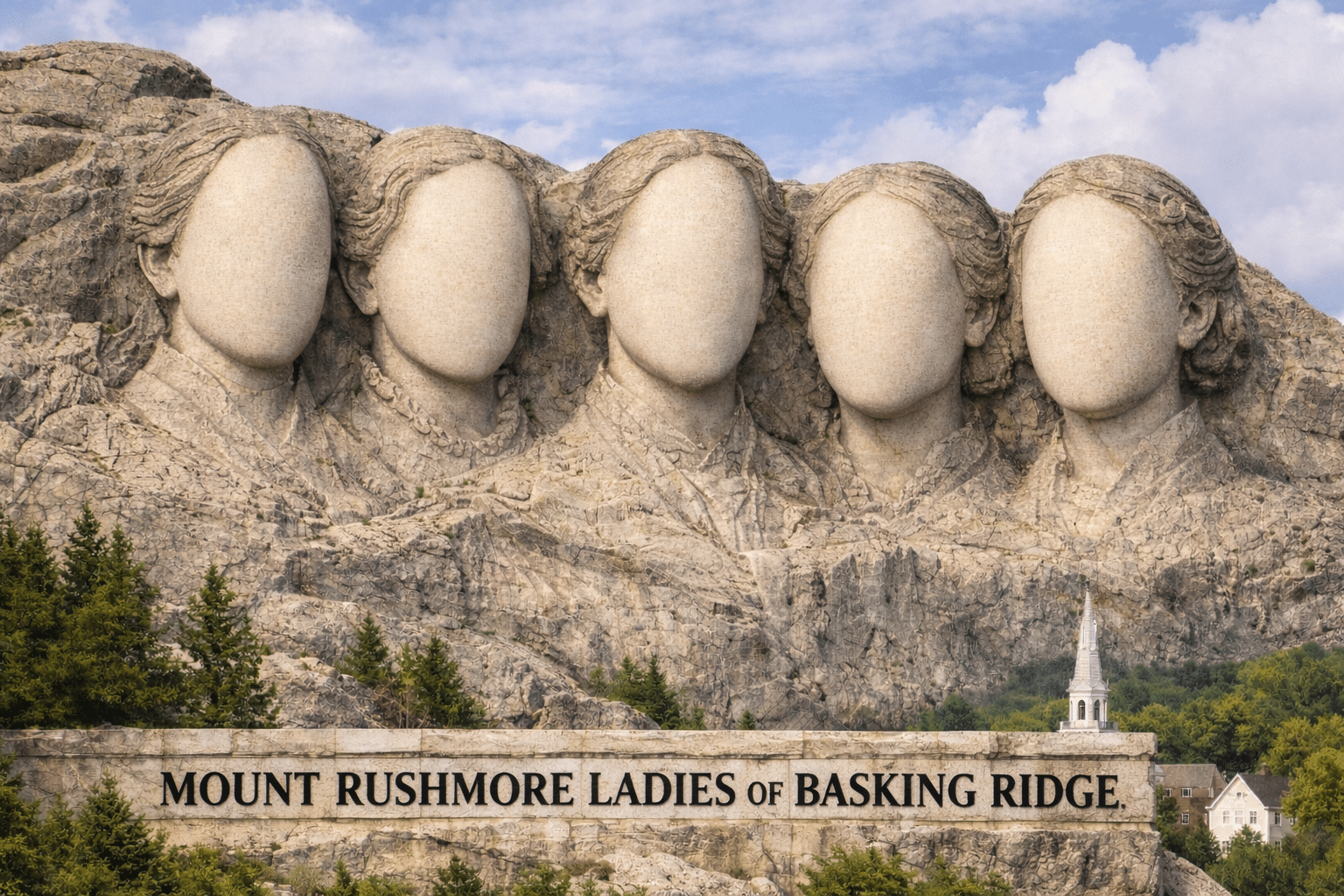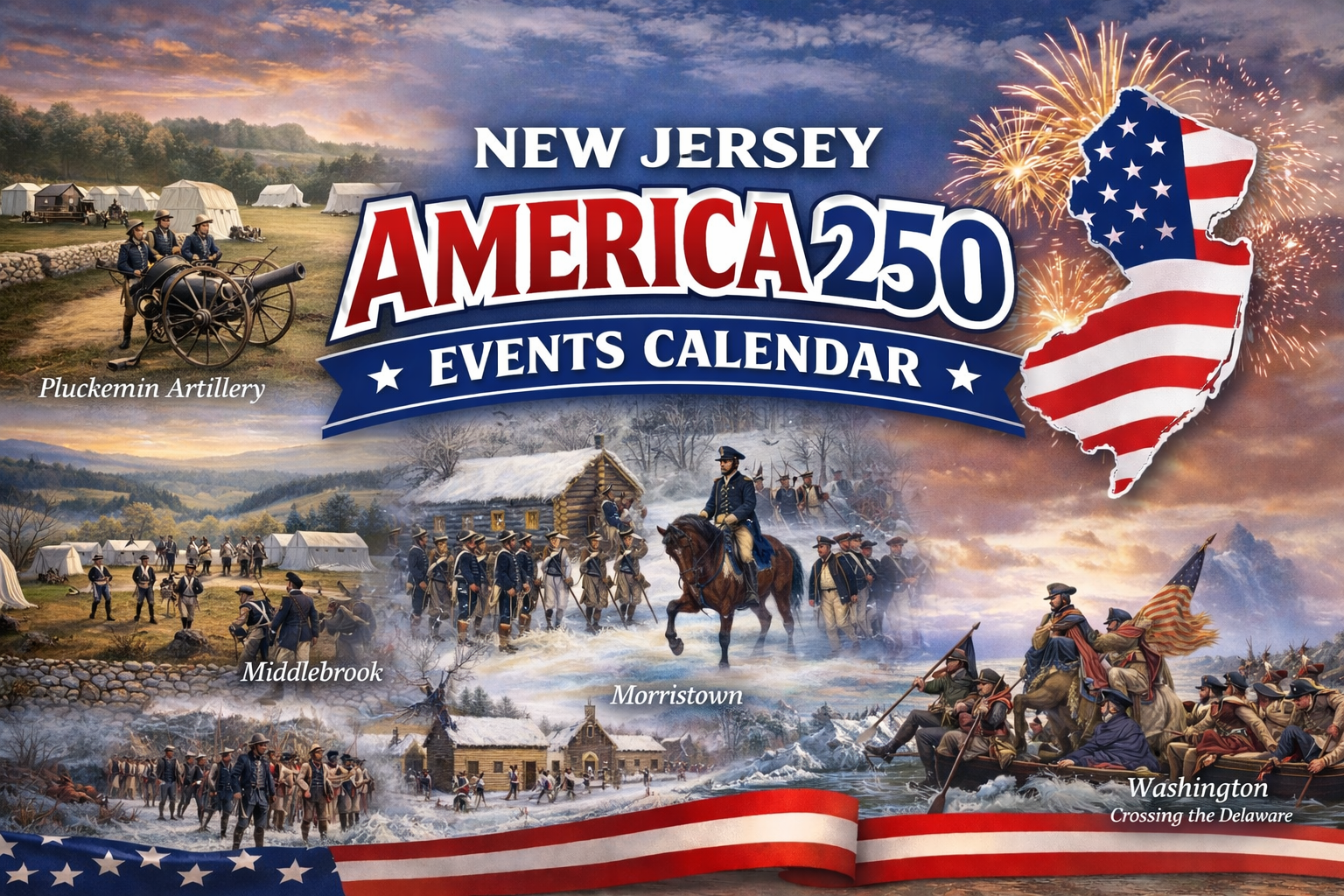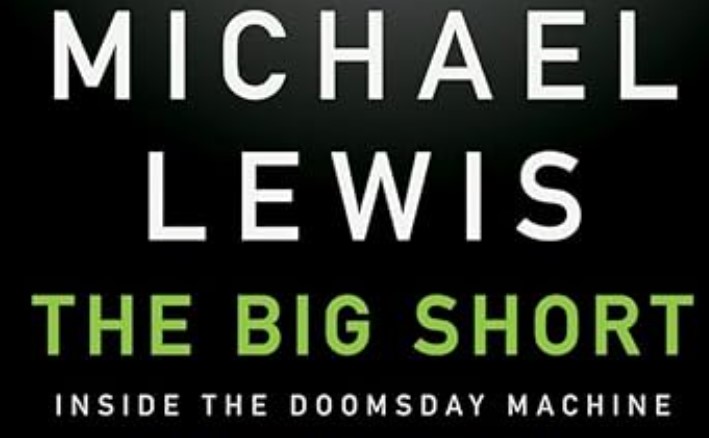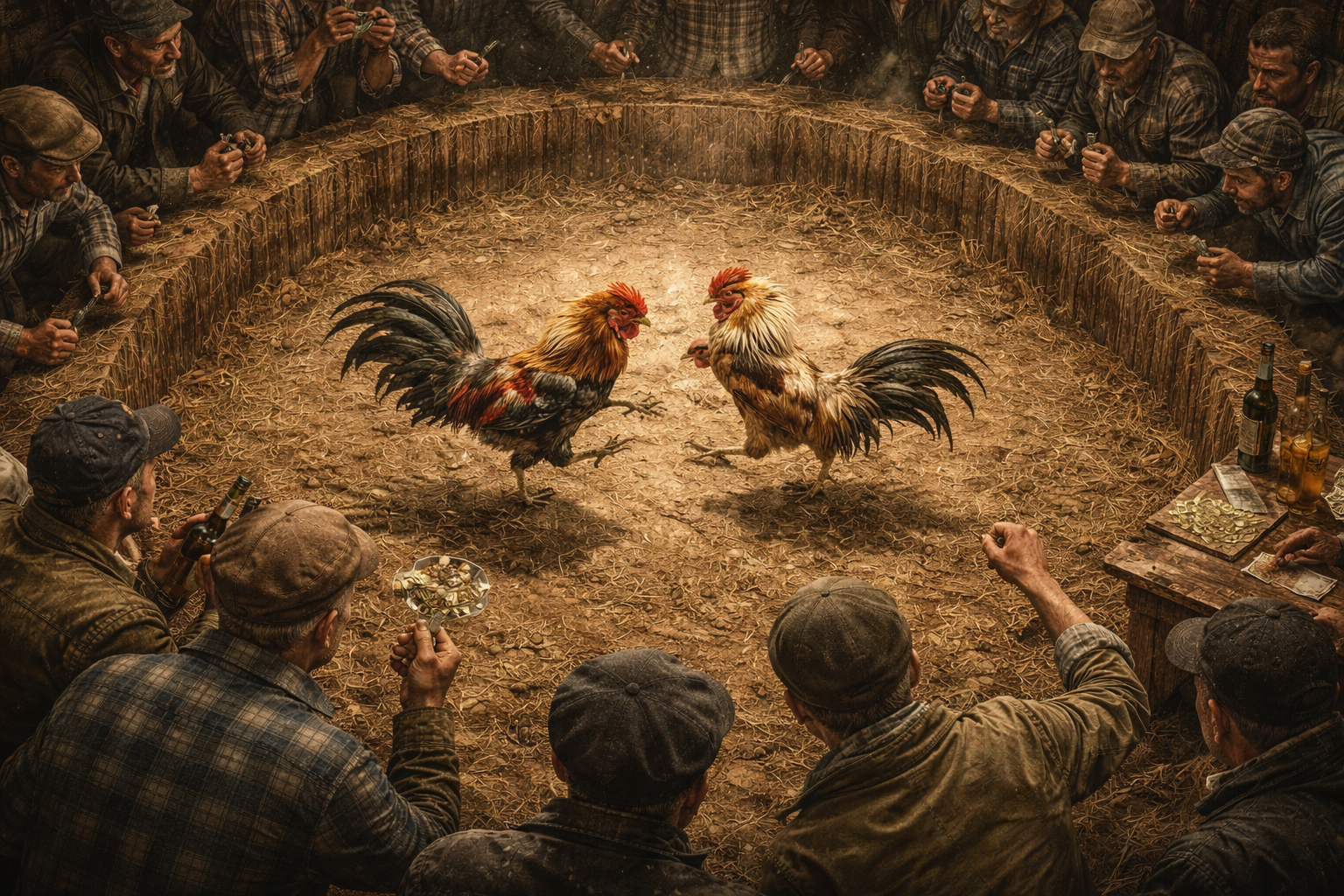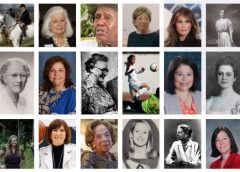Dr. Robert Finley’s Work To Help Blacks, Defeat Slavery, and Colonize Liberia
Original Post: October 19, 2000
Updated: October 26, 2025
An abolitionist, as the name implies, is a person who sought to abolish slavery during the 19th century. Finley, an abolitionist, believed that black people would face better chances for freedom and prosperity in Africa than in the United States. Also, if there were a colony available to them where they could be resettled, abolitionists hoped to gain more manumissions of slaves and eventually end the institution. African Americans gradually moved into government positions. The Republic of Liberia declared its independence on July 26, 1847. Between January 7, 1822, and the American Civil War, more than 15,000 freed and free-born black Americans and 3,198 Afro-Caribbeans relocated to the African settlement.
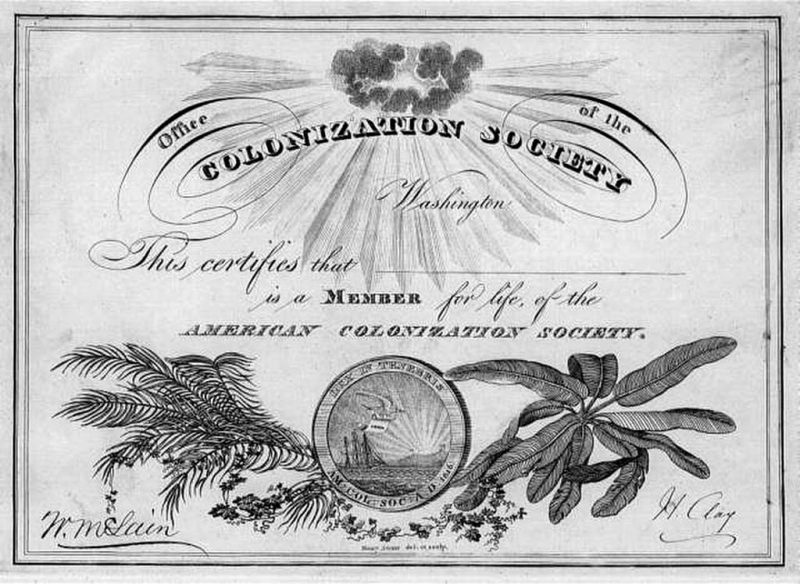
Many remember that Dr. and Reverend Robert Finley was a pastor for 20 years at a Presbyterian church in Basking Ridge, New Jersey. Finley and also taught school at a boys’ academy known locally as the Brick Academy and the Basking Ridge Classical School.
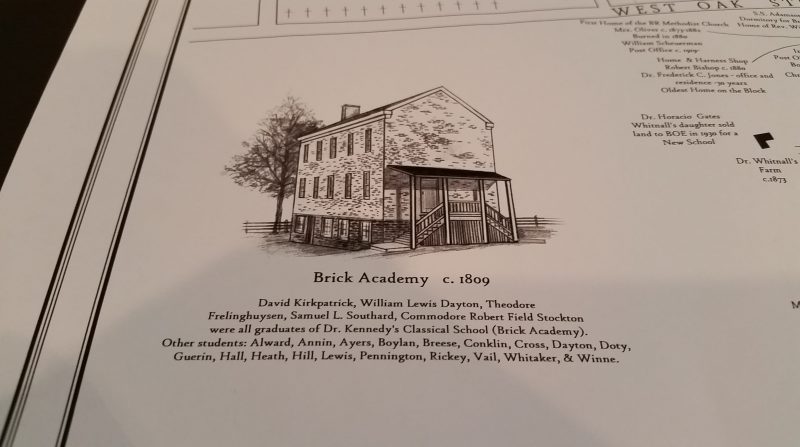
Dr. Robert Finley was born in Princeton, New Jersey, on February 13, 1772, to his parents, James and Ann Finley. He attended the College of New Jersey and graduated at the age of only 15!
Robert later married Esther Flynt Caldwell of Elizabeth on May 16, 1798, the daughter of Dr. James Caldwell. They had nine children: Mary Louise Ogden Finley, Helen Smith Finley, James Caldwell Finley, Robert Smith Finley, Josiah Coldwell Finley, Anna Morford Finley, John Edwards Caldwell Finley, Susan Bradford Finley, and Hannah Smith McKinley.
In 1795, Finley was ordained as the 4th Pastor of the Presbyterian Church at Basking Ridge, where he served for 20 years as a popular preacher and noted educator, and originated the concept of the modern Sunday School.
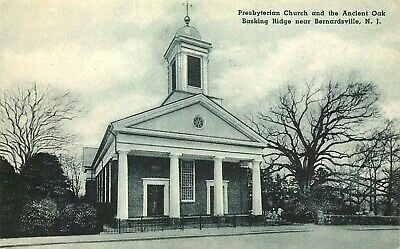
Finley’s name honors his legacy and support in the renaming of Main Street in Basking Ridge. But what many people don’t know is that Dr. Robert Finley was distressed with the way in which blacks were being treated in America, so he founded The American Colonization Society (ACS) in 1816 with George Washington’s nephew Bushrod Washington, proposing to abolish slavery and relocate free American blacks to a colony in West Africa.
Philadelphia Protest
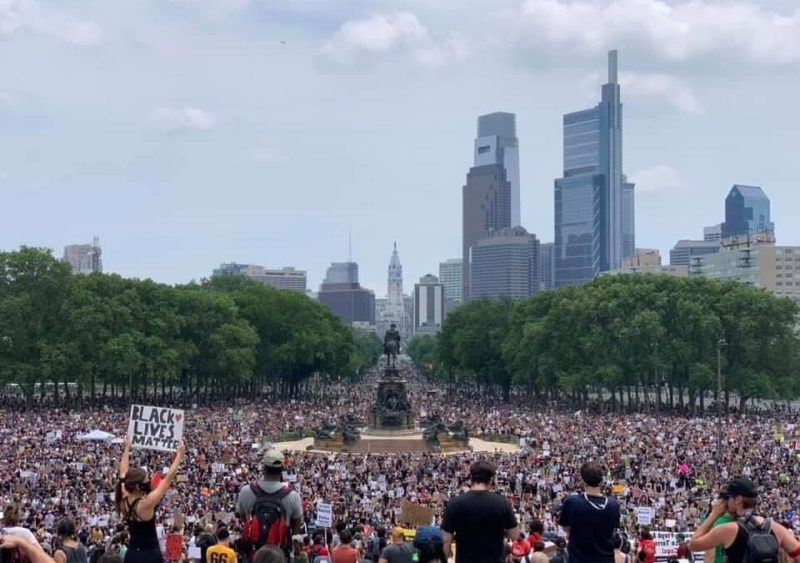
On January 15, 1817, nearly 3,000 African American men met at the Bethel A.M.E. Church (popularly known as Mother Bethel AME) in Philadelphia and denounced the American Colonization Society’s plan to resettle free blacks in West Africa. This gathering was the first black mass protest meeting in the United States EVER. The black leaders who summoned the men to the church endorsed the ACS scheme and fully expected the black men who gathered there to follow their leadership. Instead, they rejected the scheme and forced the black leaders to embrace their position.
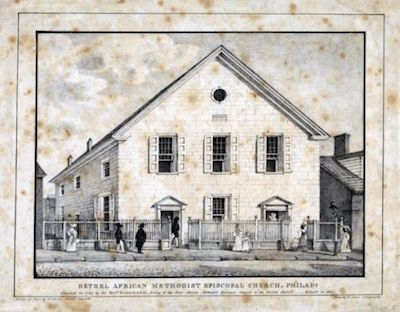
Bishop Allen and other black leaders who had endorsed the ACS called the meeting in Bethel A.M.E. Church. Some 3,000 black men, virtually the entire black male population of Philadelphia, gathered to hear about colonization. Black leaders expected African American men in the city to endorse the ACS and Cuffee’s colonization schemes. What they received instead was a denunciation of the plan. Apparently, the black men feared that all free blacks would be compelled to go to Africa, including especially those in the slaveholding states. They saw (correctly as it turns out) that the ACS scheme allowed slaveholders to get rid of free blacks. The January 1817 gathering of African American men became the first African American protest meeting on U.S. soil.
Finley Goes to Georgia
In 1817, Robert Finley accepted an offer to become president of the University of Georgia after serving for two decades as a pastor and educator in Basking Ridge, New Jersey. His reputation as a scholar and moral leader had reached the southern states, where the young university sought a strong guiding hand. Finley resigned from his church and prepared for the long journey to Athens, Georgia, a difficult trip in an era before railroads. He likely traveled by stagecoach and riverboat through the Carolinas, a route that could take several weeks and expose travelers to fatigue and illness.
During this journey, Finley became seriously sick but continued on, determined to fulfill his new duties. He arrived in Athens that summer and formally assumed the presidency, though his health never recovered. After only a few months in office, he died on October 3, 1817, at the age of forty-nine, and was buried in Jackson Street Cemetery on the university’s north campus. His short tenure marked a tragic end to a life devoted to education and moral reform. He never got to recognize his dream of helping blacks become a free and self-determining group.
Post Finley Fallout
The American Colonization Society gained support from both abolitionists and slaveholders for different reasons. Free blacks faced discrimination in both the free states of the North, where slavery was abolished after the Revolution (in a gradual process in some places), and in the slave societies of the South. In the latter areas, free blacks were feared as being influential in disrupting slaves and leading slave rebellions.
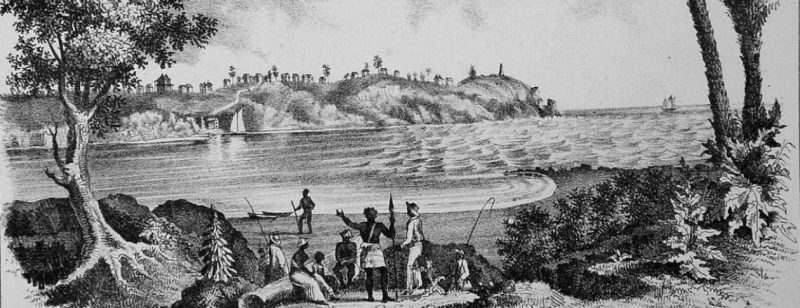
American Colonization Society Downfall
While President after President endorsed the American Colonization Society, the country and the concept ultimately fell apart for several reasons. The emigrants dealt with severe challenges upon their arrival in Liberia, and the poor living conditions in the colony deterred other free Black people from settling in the colony. The settlers suffered from a high mortality rate and faced hostility from the indigenous peoples who tried to defend their homeland from colonizers.
The ACS’s efforts to receive funding from state and federal governments, as well as private donors, also deteriorated as reports from Liberia revealed difficulties in settling the land. These reports also undermined interest from the free Black community and created additional funding problems for the colony. The ACS also lacked the funding to successfully support multiple voyages to and from Liberia, and to maintain and protect the colony. Despite having significant private and public backing at the local and national levels at the beginning, the ACS and colonization were not sustainable ideas. After Liberia gained its independence in 1847, the organization further stagnated, and the American Colonization Society formally dissolved in 1964.
Final Thoughts
In theory, colonization appeared to be an ideal solution to complicated and intertwined problems involving slavery, race relations, and the preservation of the Union. U.S. Presidents during Finley’s pastorate included George Washington, John Adams, Thomas Jefferson, and James Madison, all of whom supported the policies of the American Colonization Society. Many members viewed their efforts as benevolent, but they gave little consideration to the opinions of free African Americans or how these measures would impact individuals, families, and communities of color.
Looking back, Robert Finley’s vision and efforts came decades before the nation confronted the full moral crisis of slavery in the Civil War. His ideas emerged during a period when the young republic struggled to reconcile liberty with human bondage. Though the American Colonization Society ultimately failed to solve that contradiction, Finley’s work reflected the reform spirit of the early nineteenth century when churches, educators, and civic leaders sought gradual paths toward freedom. His belief that education and faith could transform lives guided both his ministry in Basking Ridge and his founding of the Brick Academy. Finley’s death in 1817 ended his direct influence, but his early advocacy for change placed him among the first Americans to publicly challenge the permanence of slavery, helping to lay the groundwork for the larger national debate that would come a generation later.
Additional Information
Take a listen to a rare historical church service as Reverend Dennis Jones of the Basking Ridge Presbyterian Church recites, with Dr. Robert Finley, founder of the Basking Ridge Classical School at the Brick Academy Schoolhouse in Basking Ridge.

Click here to view
